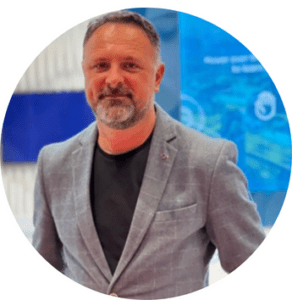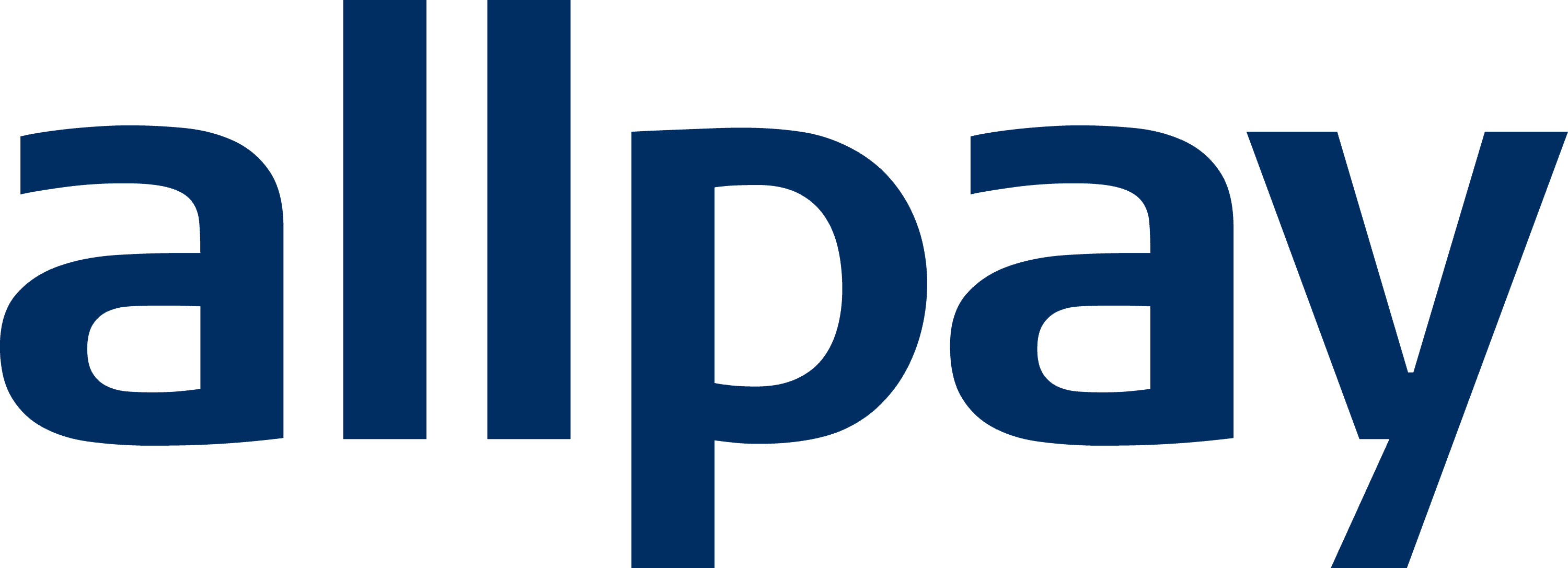
Project Nemo is a not-for-profit grassroots initiative driving to improve disability inclusion in the fintech and financial services industries. They have recently released a new report, sponsored by Nationwide, uncovering the extent of financial exclusion of adults with a learning disability.
With transformational changes to the financial landscape over the last 18 years, in particular with the significant move away from cash, the learning disability community have been forced into a digital payments system that has not been designed with their needs in mind.
The report shines a light on the fact that many of the recent advances in payments have actually made it significantly more difficult to make, receive, and manage payments for the 1.5 million people in the UK living with a learning disability and their supporters.
The Payments Association’s working groups are comprised of industry experts from across the payments chain, who share the mission of driving industry change to shape the future payments landscape and improve the industry on behalf of members of the association
Being a member of one of The Payments Association’s working groups comes with a host of benefits:
In addition, committee members will receive:
All working group members are representatives of organisations with The Payments Association membership.
The group will strive to educate the payments sector on the challenges faced by local communities, so they can tailor their products and services to better serve their customers across the UK.
The group will inform the work of regulators, policymakers, and the Government to drive the financial inclusion agenda forward in the UK to effect positive change.
The group will engage with consumer groups, social enterprises and third-sector organisations to champion the industry’s concerns around financial inclusion and highlight opportunities for collaboration.

“Improving inclusion and creating better financial services for long underserved individuals and communities, remains vital. I’m proud to be part of an industry that has been innovating to improve people’s lives for many years, and it’s a privilege to continue this important work through the efforts of the Inclusion Working Group and The Payments Association.”























The FCA estimates that 12.9 million UK adults have low financial resilience – that’s one in every four. With millions struggling to make ends meet, community finance options are an increasingly important consideration, but are often neglected in conversations around financial inclusion.
Our community finance project explores how community finance should be redefined to make it more inclusive, accessible, and fit for purpose to tackle today’s financial exclusion. challenges.
The Inclusion Working Group has explored numerous ways in which financial inclusion can be aided by innovative technology. They have produced a whitepaper that investigates how fintech innovation is increasing access to affordable credit and tackling financial exclusion. Additionally, they have created a series of blogs from a series of interviews with fintech experts, to explore how crypto helps aid Financial Inclusion.
In our latest podcast, join Gurminder Bhagrath, COO of Plane Saver Credit Union, Karen Elliott, Professor in Finance & FinTech at The University of Birmingham, and Shaun May, Director, Strategy, Sustainability and Innovation, Coutts, and Inclusion Working Group member, as they delve into the challenges and opportunities in community finance.
Previously, Josh Berle (Mastercard), Frederick Rugginz (JP Morgan), Kit Yarker (PPS) and Charles Radclyffe (EthicsGrade), discussed how sustainability can be feasible in fintech companies.
Please fill out the form to indicate your interest in receiving more information about The Payments Association’s Inclusion Working Group. A member of our Project Team will be in touch with you shortly.
The Payments Association
St Clement’s House
27 Clements Lane
London EC4N 7AE
© Copyright 2024 The Payments Association. All Rights Reserved. The Payments Association is the trading name of Emerging Payments Ventures Limited.
Emerging Ventures Limited t/a The Payments Association; Registered in England and Wales, Company Number 06672728; VAT no. 938829859; Registered office address St. Clement’s House, 27 Clements Lane, London, England, EC4N 7AE.







Log in to access complimentary passes or discounts and access exclusive content as part of your membership. An auto-login link will be sent directly to your email.
We use an auto-login link to ensure optimum security for your members hub. Simply enter your professional work e-mail address into the input area and you’ll receive a link to directly access your account.
Instead of using passwords, we e-mail you a link to log in to the site. This allows us to automatically verify you and apply member benefits based on your e-mail domain name.
Please click the button below which relates to the issue you’re having.
Sometimes our e-mails end up in spam. Make sure to check your spam folder for e-mails from The Payments Association
Most modern e-mail clients now separate e-mails into different tabs. For example, Outlook has an “Other” tab, and Gmail has tabs for different types of e-mails, such as promotional.
For security reasons the link will expire after 60 minutes. Try submitting the login form again and wait a few seconds for the e-mail to arrive.
The link will only work one time – once it’s been clicked, the link won’t log you in again. Instead, you’ll need to go back to the login screen and generate a new link.
Make sure you’re clicking the link on the most recent e-mail that’s been sent to you. We recommend deleting the e-mail once you’ve clicked the link.
Some security systems will automatically click on links in e-mails to check for phishing, malware, viruses and other malicious threats. If these have been clicked, it won’t work when you try to click on the link.
For security reasons, e-mail address changes can only be complete by your Member Engagement Manager. Please contact the team directly for further help.